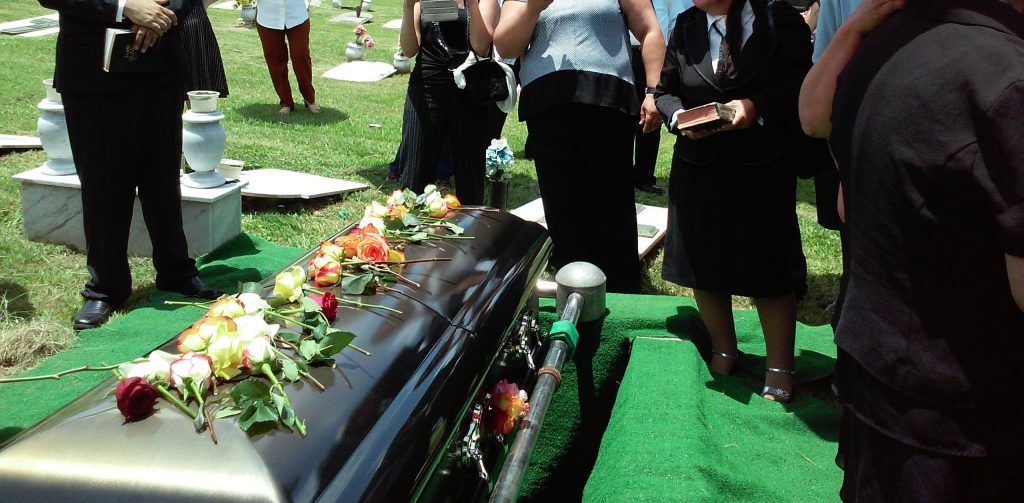Written by: Patrick Brown and Aidan Vining, Summer Student
News reports detailing injuries and deaths at the hands of drunk drivers are constant and heartbreaking. According to MADD Canada, approximately 4 Canadians are killed every day in alcohol and/or drug-related motor vehicle crashes. This is simply unacceptable, and more needs to be done to prevent these egregious acts from continuing to happen.
A good place to start would be for Canadian courts to utilize a tool that is already at their disposal – punitive damages. Punitive damages, however, are very much the exception rather than the norm in Canada.
The fundamental principles of punitive damages were provided in Whiten v Pilot Insurance CO., 2002 SCC 18. In Whiten, the Supreme Court of Canada stated that punitive damages are to be awarded in circumstances of high-handed, malicious, arbitrary, or highly reprehensible misconduct that departs to a marked degree from the ordinary standards of decent behaviour. The purpose of such an award is not to compensate the plaintiff, but to punish the defendant and achieve the objectives of retribution, deterrence, and denunciation.
In other words, punitive damages are awarded to punish defendants for engaging in reprehensible behaviour while also deterring others in society from engaging in such behaviour. Drunk driving seemingly fits the mould of such conduct, yet Canadian courts have largely been unwilling to award meaningful punitive damages in cases involving drunk driving crashes.
In the seminal case, McIntyre v Grigg (2006), 83 OR (3d) 161 (CA), the defendant was driving with a blood-alcohol level 2-3 times the legal limit when he drove through a stop sign, swerved, and hit the plaintiff. The jury, made up of members of the community, made an award of $100,000 in punitive damages against the defendant. The Ontario Court of Appeal reduced the jury’s punitive damage award to $20,000.
While the reduction of the jury award minimized the impact of the punitive damages in that specific case, the Ontario Court of Appeal also limited the utility of punitive damages in future cases involving drunk drivers. The Ontario Court of Appeal stated that “a factor of significant importance in considering whether an award of punitive damages would be appropriate is whether punishment has already been imposed in a separate proceeding for the same misconduct.” This is problematic as the defendant in McIntyre only received a $500 fine for careless driving in his criminal proceedings – an amount much lower than the $100,000 the jury thought was appropriate.
The case of Cobb v Long Estate, 2017 ONCA 717 is also illustrative of why this is problematic. In Cobb, the defendant was driving with a blood-alcohol level over the legal limit when he hit the plaintiff, causing injuries that prevented the plaintiff from returning to work or performing household tasks. In the criminal proceedings that resulted from this incident, the defendant made a guilty plea and received a $1,300 fine and one-year driving suspension.
In the civil action, the Ontario Court of Appeal stated that the objectives of retribution, deterrence, and denunciation had been met by the criminal punishment, and that it would be inappropriate to allow the jury to make a punitive damages award. Had the question of punitive damages been put to the jury, they may have made an award similar to the original $100,000 in McIntyre, as after all, the aim of the award in both cases would be to punish and denounce a behaviour that the community recognizes as reprehensible and egregious.
In theory, what the Ontario Court of Appeal has been stating in these cases makes sense – if the criminal punishment provided is sufficient to provide retribution, deterrence, and denunciation, then further punishment is not needed. The problem is, the current approach to drunk driving is not working, and we repeatedly see injuries and deaths at the hands of drunk drivers. It is time for a new approach to betaken and for real meaningful deterrence to be imposed.






